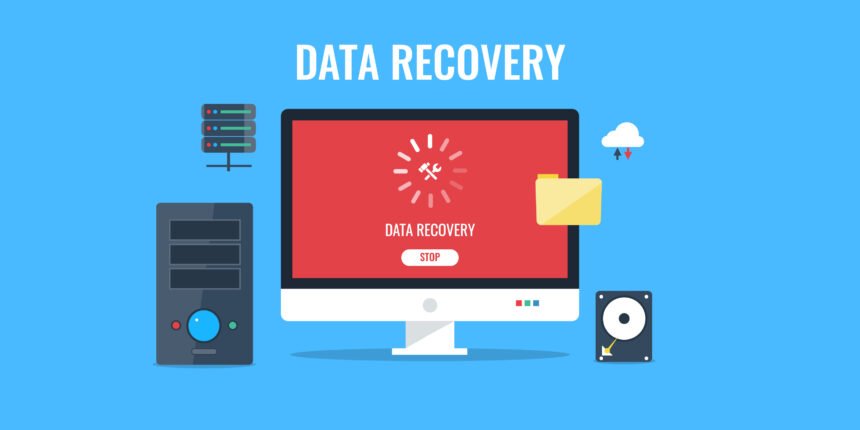Cloud computing has disrupted the digital technology sector in surprising ways. According to some estimates, the market is expected to rise to $411 billion by the end of next year. The rapid growth can largely be attributed to advances in artificial intelligence and big data. However, despite some of the fascinating advances, there are still some obstacles and limitations. Contrary to popular belief, cloud computing has not eliminated the need for traditional data recovery solutions.
What are some of the reasons that cloud technology can?t replace traditional data recovery solutions?
Many technology pundits have overstated the benefits of cloud technology. They have argued that it virtually erases the risk of data loss, because data copies can be stored on the cloud. According to these experts, copies of these files are replicated across numerous servers, so the data won?t be lost if one or two servers are affected. Unfortunately, there are a few reasons that data loss concerns persist, despite the new advances in cloud computing. Here are some of the concerns. Some data can?t be risked on the cloud Some cloud storage options are considerably safer than others. However, all of them are at risk of a cybersecurity breach to some degree. This means that highly sensitive data must be stored on local disk drives. The problem is that these files are more vulnerable to data loss. It necessitates data recovery software in the event that something happens to one of those drives. Local data storage is necessary if cloud servers fail We tend to get overly confident in the reliability of new technology. Cloud computing is an excellent example. Many people store data on the cloud with the belief that there is no possibility it will fail. The unfortunate reality is that cloud servers can fail for a number of reasons. Multiple servers across the same network could be targeted by a malicious hacker or hostile state actor. They could all collectively be affected by malware or a failed update, which could have a drastically negative effect across all copies of a file. InfoWorld wrote a post on 10 of the biggest cloud failures of all time. These failures will persist for years to come. This means that organizations need to be able to store copies of their data locally as well. Of course, they need to consider the possibility that the data could be compromised on the local storage unit and the cloud server. In this case, the last resort will need to be using a data recovery tool to restore the local copy.
Big Data Drives Need for Data Restoration Technology
Data loss will continue to be a problem for years to come, despite the impressive advances in cloud technology. This illustrates the importance of multifaceted approaches to big data applications. There are two types of applications for using big data to prevent a data loss:
- Hardware developers must address design flaws and vulnerabilities that increase the risks of data loss.
- Big data is helping developers create more reliable top data recovery software
Data recovery tools are becoming more effective, primarily due to new artificial intelligence capabilities and data driven development processes. Here are some ways that data has improve the quality of data recovery technology and continues to be relevant in the age of cloud computing:
- New data recovery technology uses predictive analytics to understand the factors that can lead to data loss. This helps them tweak their algorithms to recover data from a variety of different scenarios. According to NewGenApps, predictive analytics is the most important technology driving advances in data recovery software.
- Artificial intelligence has helped these tools become better at understanding the sections of the disc that were affected. This helps them get a better understanding of disc fragmentation and properly restore data accordingly.
- Machine learning algorithms are getting better at pursing together different bits of code to make sure that it is properly restructured and restored.
Artificial intelligence and big data will continue to play a very important role in the development of new data restoration technology.
AI-based Data recovery solutions are essential when cloud storage fails
As promising as developments in cloud computing have become, they have not eliminated the need for traditional data recovery technology. Artificial intelligence has created superior data recovery tools for instances when cloud technology is not reliable.











